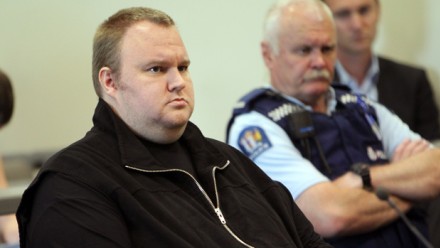Leaves and critiques
Brett Cross doesn't like pre-launch leaks, but here are a couple of excerpts from the introduction to Then It Was Now Again that hopefully gives an idea of the book's historical importance and contemporary relevance.]
To read this selection from Murray Edmond’s essays, reviews, interviews, and letters is to take a ride through forty years of New Zealand’s cultural, social, and political history.
Discussions of esoteric art theories, polemical interventions in literary spats, eyewitness accounts of political tumult, and anecdotes from the author’s private life are equally at home in this book, as Edmond carries us from the revolutionary era of his youth through the crises and conflicts of the eighties into the twenty-first century...
Murray Edmond’s career as a poet, critic, teacher, and activist for theatre has been made in the shadow of the failure of the utopian project of the sixties and early seventies. But Then It Was Now Again is a book full of optimism, as well as disappointment, because it shows Edmond holding on to the best parts of the radicalism of his youth as he engages with a changing world.
Edmond’s apprenticeship as a revolutionary gives a critical edge to all of his texts. Whether he is explicating a poem, reviewing a play, or examining a government policy, Edmond always has one eye on an alternative, better world, where poets do not have to write in their spare time, Kiwi plays attract the same crowds as the latest product from Hollywood, and governments are concerned with more than the interests of business.
Edmond’s sense of dissatisfaction is balanced by a constant curiosity. As the reviews in this book show, he has a prodigious appetite for new books, plays, films, and music. He finds evidence, in these works, of the continued vitality of New Zealand culture...
And Edmond is curious about much more than art. Because he is loyal to Freed’s claim that life and art are inextricably linked, he finds it difficult to write about the literature of New Zealand without also discussing this country’s sociology and history. He can’t write a short review of Kendrick Smithyman’s book of poems Dwarf with a Billiard Cue, for instance, without recalling the invasion and conquest of the Waikato Kingdom by British imperialists in the 1860s, reflecting on the cycles of boom and bust inherent in capitalism, and applauding the ballooning feats of Leila Adair, fin de siecle New Zealand’s ‘queen of the air’. His essay on the plays of Hone Kouka becomes a meditation on the consequences of Maori urbanisation in the twentieth century. Edmond’s wide-ranging curiosity gives Then It Was Now Again a richness unusual amongst volumes of literary criticism...
[Posted by Scott Hamilton]
.jpg)








.jpg)

